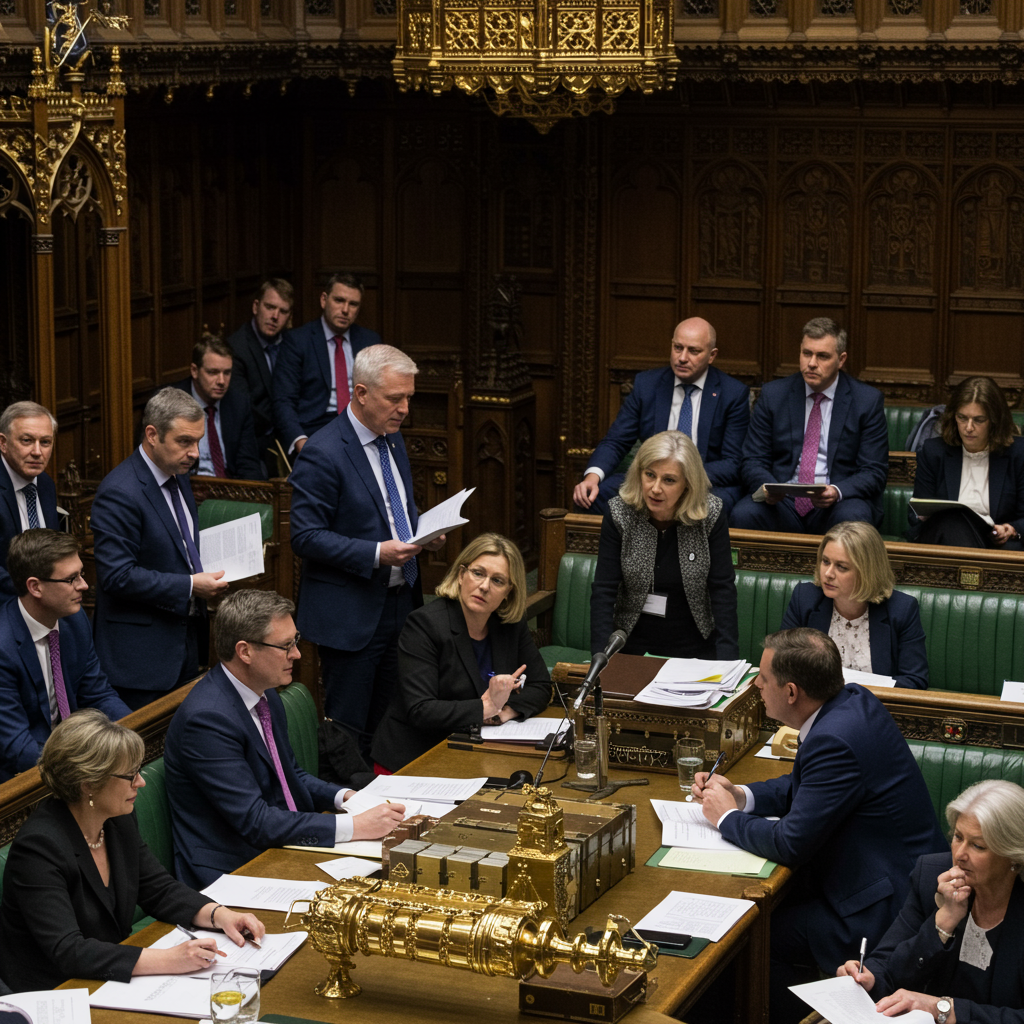UK Parliament Takes Up Abortion Decriminalization Debate
British lawmakers are poised for a pivotal debate that could significantly alter abortion laws across England, Scotland, and Wales. The House of Commons is scheduled to consider proposals aimed at decriminalizing abortion, driven by growing concerns that outdated legal statutes are being used to increasingly prosecute women for ending their own pregnancies.
The push for reform comes as figures reveal a rise in police investigations targeting women under current legislation. Over the past five years alone, more than 100 women have been investigated for suspected illegal abortions. Shockingly, these cases have included individuals who experienced natural miscarriages or stillbirths.
Labour Member of Parliament Tonia Antoniazzi, who introduced one of the key amendments, emphasized the urgent need for change. She described the current situation as “just wrong,” arguing that such prosecutions represent a “waste of taxpayers’ money,” tie up the “judiciary’s time,” and are ultimately “not in the public interest.”
Understanding the Proposed Changes
Two specific amendments to a broader crime bill are at the heart of the parliamentary discussion:
- Protection for Women: One amendment, championed by Tonia Antoniazzi, seeks to explicitly bar the prosecution of women who take steps to end their own pregnancies at any stage.
- Protection for Helpers: A second, more far-reaching amendment proposes to also prohibit the prosecution of medical professionals and other individuals who assist women in obtaining abortions.
These amendments directly address the current legal landscape where, while doctors can legally perform abortions in England, Scotland, and Wales up to 24 weeks (and beyond in special circumstances like saving the mother’s life), the underlying 19th-century laws criminalizing abortion still exist and can be applied to women ending their own pregnancies outside approved medical settings or gestational limits. Northern Ireland decriminalized abortion in 2019.
Recent changes, including the temporary measure during the COVID-19 pandemic allowing women to receive abortion pills by mail for use at home within the first 10 weeks, have inadvertently highlighted the severity of existing laws when individuals fall outside these specific provisions. A few widely publicized cases have seen women prosecuted for using these pills to end pregnancies after 24 weeks or more.
Strong Opposition Emerges
As expected, the proposals face staunch opposition from anti-abortion groups. The Society for the Protection of Unborn Children (SPUC), the UK’s largest pro-life campaign group, argues that approving these amendments would open the door to “abortion on demand at any stage of pregnancy.”
Alithea Williams, public policy manager for SPUC, warned that the changes would strip away any remaining protection for “unborn babies” and leave women vulnerable.
This parliamentary debate underscores a significant tension in the UK: balancing existing abortion laws with concerns about their practical application and profound impact on women, particularly in cases involving later-term pregnancy endings or tragic natural losses. The outcome of the debate will be closely watched as it could redefine the legal framework surrounding abortion and reproductive rights in the country.




